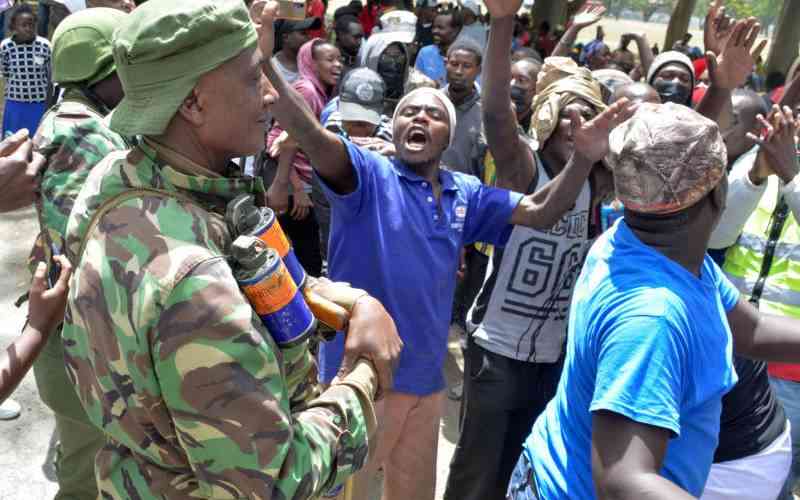×
The Standard e-Paper
Join Thousands Daily

Considered the melting pot of Kenya's politics, Nakuru is living up to its billing as the row over the War Memorial Hospital land saga captures the attention of the nation.
What started as a simple resolution by MCAs to reclaim the land on which the colonial hospital stands, has morphed into a full-blown political storm that has sucked in the name of President William Ruto.